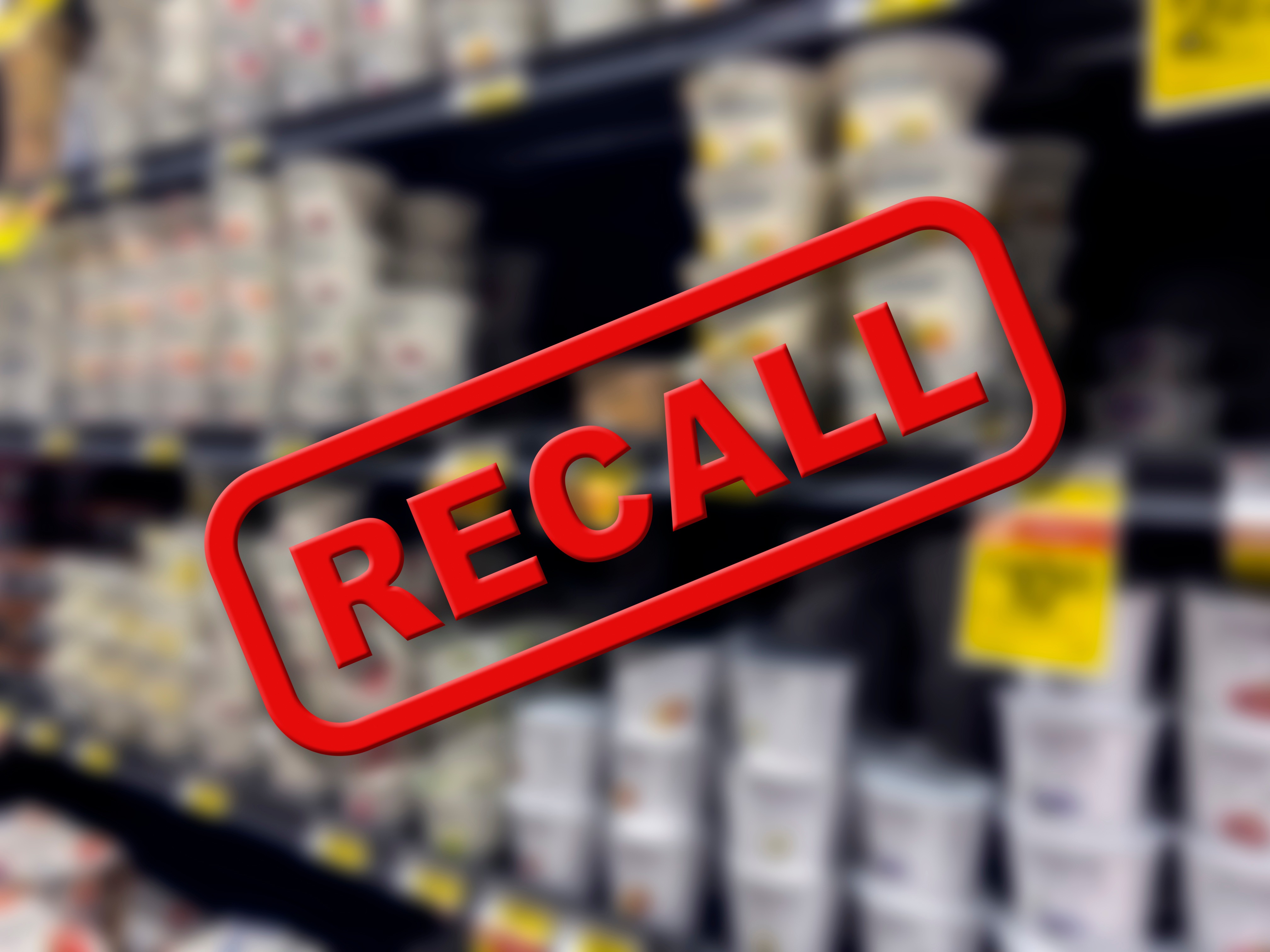
In Pennsylvania, defective products can cause serious personal injuries, leaving victims with significant medical bills and emotional trauma. When a product's design or manufacturing flaws lead to an accident, it's essential to understand your rights as a consumer. Product liability claims can be complex and time-sensitive, from faulty automotive parts to malfunctioning medical equipment. A Wilk Law, LLC attorney can help you navigate the legal waters easily and get compensation for what you’re owed.
Knowing how to handle the situation is crucial for ensuring proper compensation and legal recourse when it comes to personal injuries involving defective products. In this article, we will explore the steps you can take if you find yourself injured due to a faulty product. By following these guidelines, you can protect your rights, seek compensation for damages, and contribute to creating a safer marketplace.
The first step in handling a personal injury case involving a defective product is understanding your rights as a consumer. In most jurisdictions, consumers have the right to expect that any product they purchase will be safe for its intended use. This means that if a product is defectively designed, manufactured, or labeled inadequately, and this defect caused your injury, you may be entitled to compensation.
Gathering evidence is essential to support your case effectively. Start by keeping the defective product itself along with any packaging or labels accompanying it. Additionally, take pictures of your injuries and retain any medical records related to diagnosis and treatment. If any witnesses saw how the accident occurred or can testify about the product's defectiveness, gather their contact information. Collect information such as the purchase date and the manufacturer’s claimed warranty on the product.
It is advisable to consult with an experienced personal injury attorney who specializes in product liability cases as early as possible. They can evaluate the merit of your case and guide you through the legal process. Knowledgeable attorneys will provide valuable advice on establishing liability and seeking appropriate compensation for damages such as medical bills, pain and suffering, lost wages, and future treatment costs.
Depending on local laws and regulations governing product liability cases within your jurisdiction, you will likely need to file a complaint against all potentially responsible parties. This could include manufacturers or distributors who may have played a role in producing or supplying the defective product. Your attorney will help prepare this complaint, outlining the incident's relevant facts. In Pennsylvania, there is a two-year statute of limitations for filing a complaint.
Preserving evidence is crucial in personal injury cases involving defective products. Your attorney will know the importance of issuing a preservation letter for the manufacturer or any other potentially responsible party. This letter requests them to preserve all evidence related to the product, ensuring a fair investigation and preventing crucial evidence from being destroyed.
Before proceeding to trial, it is common for both parties involved to explore settlement options. In some cases, manufacturers or their insurance companies may be willing to negotiate a fair settlement to avoid lengthy and costly litigation. Your attorney will assess any settlement offers received and advise you on whether accepting an offer is in your best interest or if pursuing the case further may lead to a more favorable outcome.
Your attorney will prepare your case for trial if a fair settlement cannot be reached. During this stage, witness depositions may occur, expert opinions may be sought, and reasonable compensation figures will be determined based on medical bills, lost wages, and other relevant factors. Your attorney's role at this point is to advocate for your rights in court vigorously.
Experiencing a personal injury due to a defective product can be both physically and emotionally challenging. You can navigate through the legal process by understanding your rights, gathering evidence, consulting with an attorney, filing a complaint, preserving evidence, and diligently evaluating settlement options before preparing for trial. Remember that each jurisdiction has its specific laws regarding product liability cases; therefore, consulting with an experienced personal injury attorney who specializes in this area of law is essential. Together, we can create a safer marketplace, one personal injury case at a time.